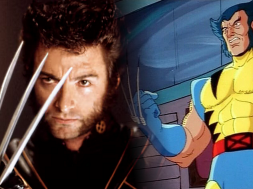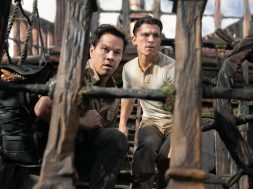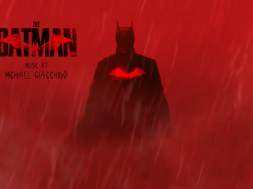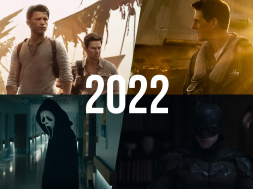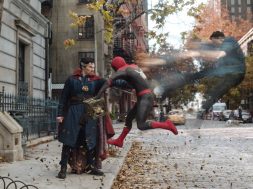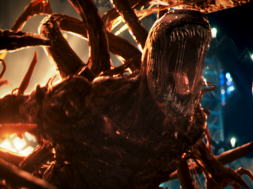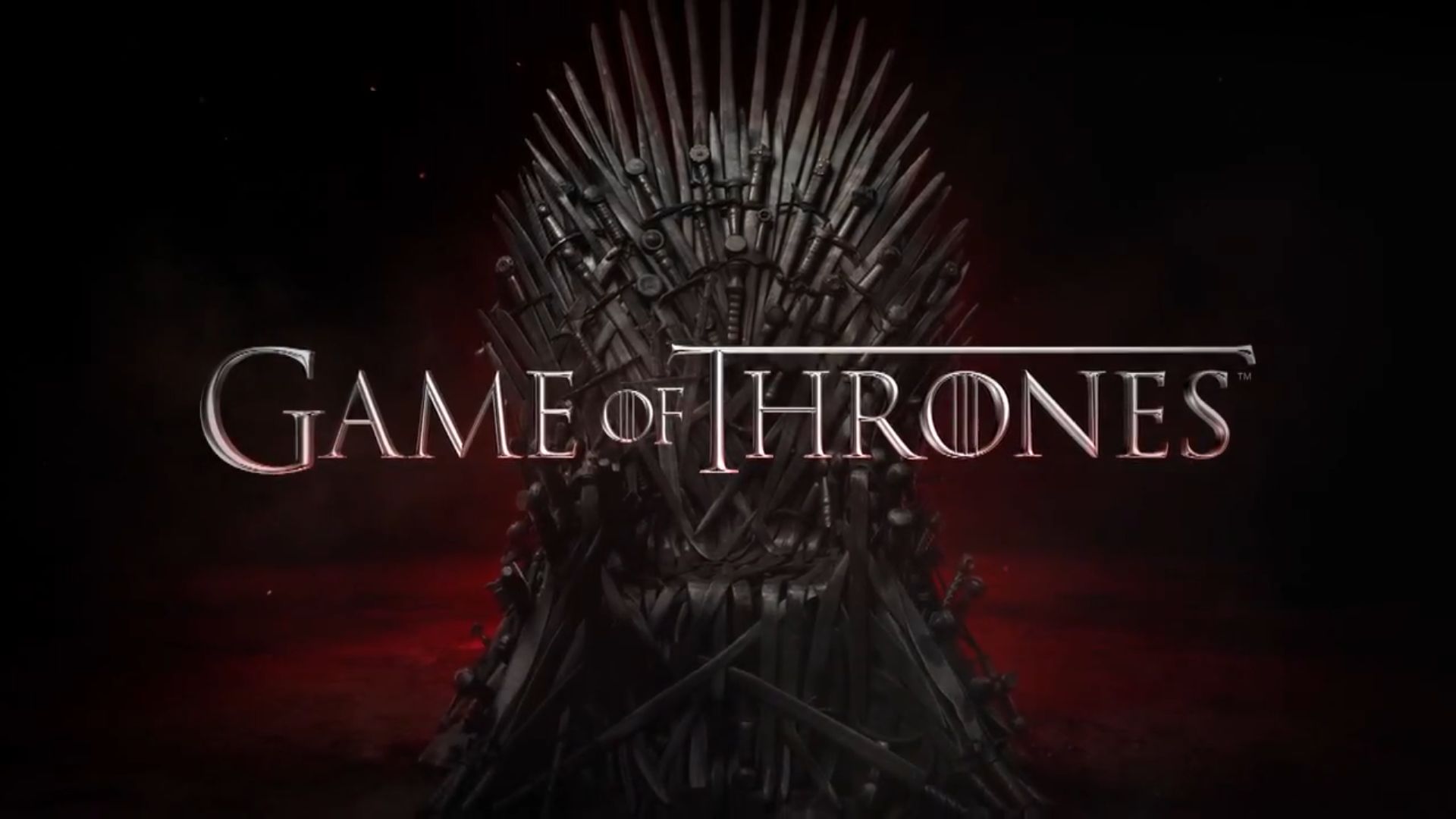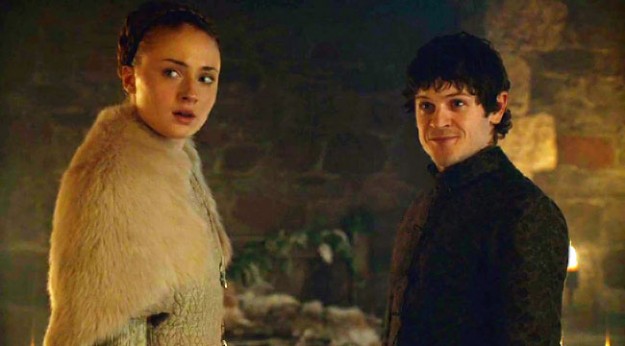
Warning: The following content may be psychologically distressing or triggering for some readers. Discretion is advised.
Since Sunday last week, the internet has been flooded with words of the latest Game of Thrones instalment, ‘Unbowed, Unbent, Unbroken’ and, in particular, its closing scene.
[Spoilers & Speculation Ahead]
This is not the first time the series has received bad press for its depiction of sexual violence. Having defended that now infamous episode ‘Breaker of Chains‘, I find myself in a somewhat odd position. To clarify, I thought that the ‘Breaker of Chains’ episode was problematic, but cautioned against knee-jerk reactions.
My position has been made more awkward by those who leaped to the show’s defence on social media, with some pretty dubious rationale – a word I use in the loosest possible sense. Upon announcing her refusal to watch the next episode, Gaby Dunn (whose work with Allison Raskin was covered in a YouTube Digest last month) had her twitter feed flooded with tweets reminding of the suffering of Theon Greyjoy/ Reek (Alfie Allen). In effect, there were people making the case that the suffering of one character justifies that of another. Ridiculous.
Even so, Dunn‘s reaction to the events of Sunday night differed from mine. Like her, I found the scene uncomfortable; viscerally so. Yet, that reaction will not preclude me from watching next week. If I thought the scene was one that tried to make the violence erotic, and by extension normalize such violence, I might, but in my mind it didn’t.
Still, the major issue with the scene was not a question of eroticism but necessity. In short, the general consensus is that the rape of Sansa Stark (Sophie Turner) does nothing to advance plot or character, is predictable, and is further cheapened by the coerced voyeurism of Theon/Reek. While there is a grain of truth in the above, I find these judgments are a little premature given what we know about the show. I’ll start with the role of Theon/Reek.
Writing for TheMarySue, Jill Pantozzi insists that the scene:
“Took Sansa from her growing place of power, cut her off at the knees, and put the focus on Theon’s ordeal, instead.”
It is certainly true that the scene includes one character’s pain to witness another character’s suffering. However, to say that the one detracts from the other is not the case. In fact, it reminded me of the now iconic scene in Jaws (1975) where the characters describe the human remains of the shark attack, which are obscured from the camera’s view. For all the innovations of CGI and acting talent, there will never be a substitute for a human imagination when it is given a prompt. In the words of What The Flicks’ Ben Mankiewicz, the result is, “incredibly effective”.
The second complaint for many is the lack of surprise. In a round table discussion for The Atlantic, Christopher Orr accepts that some of the great dramatic moments in the show have been violent ones, citing the Red Wedding and the beheading of Eddard Stark (Sean Bean) as examples. However, according to Orr:
“Ramsay’s rape of Sansa was exactly the opposite: something that has been building, obviously, for multiple seasons, a profoundly unimaginative extension of Ramsay’s torture of Theon and of Sansa’s abuse at the hands of Joffrey. The only possible surprise (and, yes, I was hoping for it) would have been Benioff and Weiss not following this storyline to its extraordinarily ugly yet entirely foreseeable conclusion.”
 This, I cannot deny. Since the return to Winterfell was known, this scene has loomed with a sense of impending doom. Expected but not wished for. Yet this does come with a caveat. Game of Thrones has a habit of subverting expectations. The episode closes with the implication that this is a back-step in Sansa’s development. Yet in light of the agency she has begun to demonstrate earlier this season, it seems conceivable that there is a lurking surprise set for later this season.
This, I cannot deny. Since the return to Winterfell was known, this scene has loomed with a sense of impending doom. Expected but not wished for. Yet this does come with a caveat. Game of Thrones has a habit of subverting expectations. The episode closes with the implication that this is a back-step in Sansa’s development. Yet in light of the agency she has begun to demonstrate earlier this season, it seems conceivable that there is a lurking surprise set for later this season.
Which brings us to the question of necessity. Pantozzi asserts that:
“In this particular instance, rape is not necessary to Sansa’s character development (she’s already overcome abusive violence at the hands of men); it is not necessary to establish Ramsay as a bad guy (we already know he is); it is not necessary to prove “how bad things were for women” (Game of Thrones exists in a fictional universe, and we already know it’s exceptionally patriarchal). Rape here, like in all instances, is not a necessary story-driving device.”
However, we can’t know that; or rather, we can’t know that yet…
One of the past times for fans of this show is speculating on the outcomes week-by-week. Many fists have punched the air on those occasions we made spot-on predictions. Yet, to say we know the endgame is ludicrous, especially since the source material remains incomplete and the show has already radically differed from the book.
In fact, to consider the potential necessity of the scene we need ask but one simple question. What if, as the result of being raped, Sansa becomes pregnant?
Consider the circumstances. How would she react? How would the Boltons? In episode 5, ‘Kill the Boy’, we saw Ramsay’s concern at the thought of being disinherited by another Bolton child. How would that alter the power dynamic within House Bolton? Consider the wider circumstances. The Boltons are set to do battle with Stannis Baratheon. Suppose Stannis is victorious? Will he force Sansa to give up the child? Would she elect to keep it, given the choice? Would she risk her life to protect it? In so doing, could she be seen to realize the budding agency she has lacked in previous seasons? I know at this stage the above is just speculation. Even so, it does demonstrate that the issue of necessity is yet to be settled as yet. The season is just past the half-way mark: who’s to say what is and isn’t necessary at this stage?
Now, having said all of that, I am not going to insist people see it my way. The idea of doing so is absurd, people can react as they see fit. Indeed, to insist that a person return to a show they found traumatising or triggering would be indefensible. Incidentally, if the showrunners fail to make something of the scene, to give it some significance in the long term, I could well see myself aligning with those that thought the scene a gratuitous, valueless sequence. But, for the time being at least, I respectfully disagree, or, at the very least, reserve judgement.
What did you think of the episode? Let us know in the comments below!


